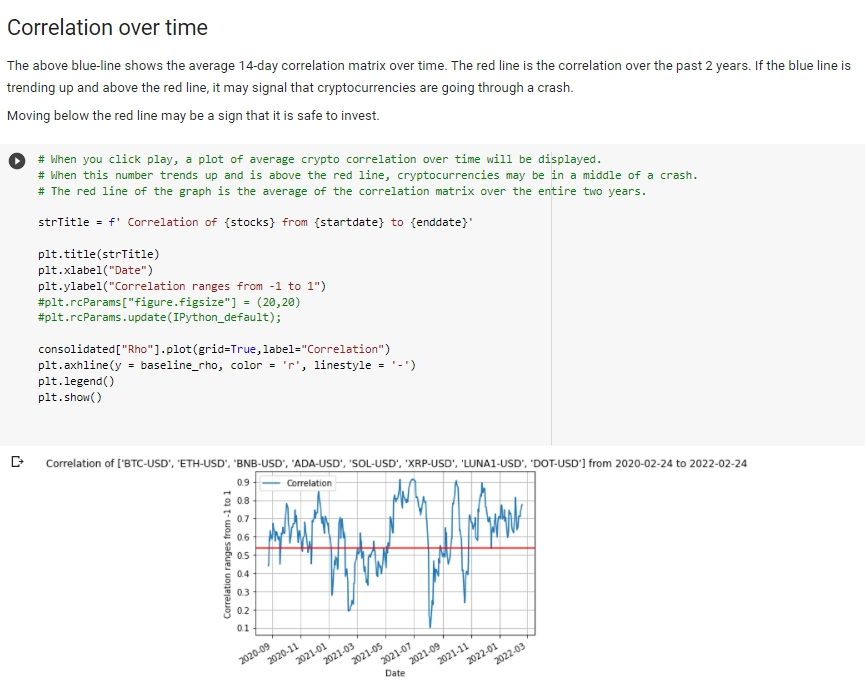Recently a local politician kicked a hornet's nest by suggesting that degrees have an expiration date. If he is right, I will have no degrees by the end of this year. I am actually cheesed that some really smart folks actually agree with him arguing that people tend to forget what they learn within a few years after graduation.
I have a different crypto-based argument.
Imagine you've accumulated a number of NFTs in your wallet. Some dickwad who collected enough governance tokens start proposing that all NFTs minted more than 5 years ago can no longer be moved out of any wallet.
Would you be angry if you've paid good crypto for your NFTs?
Invalidating someone's expertise is not the job of a government, it's the job of HR and the reality is that we already face a virtual expiry given the kind of degrees we earned. The worse case, maybe no one wants to buy your NFT because no longer fashionable to own, but you still need the right to be able to sell it off.
But are our old degrees really worthless?
Let's talk about the business of cryptocurrency course creation. My program, as it stands, does make money to feed some mouths not just for myself, but indirectly for some really capable folks of Dr Wealth. As a new entrant to Cryptocurrency courses, I know that I have weaknesses like a lack of testimonials from students because I've yet to teach my first batch, but let's look at how my "useless expired degrees" played a pivotal role in creating a unique program.
a) Bachelor in Engineering from NUS in 1999
An engineering degree should be worthless after 22 years, but I still need to adopt the beginner's attitude when I learnt how to code in C++ MFC 22 years ago which was unsupervised. I picked up OOP without a course on it so it was a real mess. Learning windows events driven programming from scratch without guidance was way harder than picking up data science and invoking libraries in Python.
I'm now able to write Jupyter Lab documents, share them with my students so that they can do their own market timing.
b) Master Science in Applied Finance from NUS in 2002
I actually spent a lot of time studying CDOs in NUS before the Great Recession of 2008, they were hilariously such a big deal in those days. But one of things I learned in my fund management class is that when shit hits the fan correlations all go up and diversification between stocks and bonds becomes worthless.
c) Juris Doctor from SMU in 2017
Until last night, my legal training played a minimal role in course creation but something dramatic happened in the crypto-space, the Singapore High Court made it supremely clear that crypto is property.
In English, this means that folks can go to jail for CBT if they steal people's crypto. You can also establish a trust relationship over crypto assets. Spouses who try to convert matrimonial assets into stablecoins before the divorce had better be careful an associate is not trained to track money flowing into crypto exchanges.
So this slide happened :
As far as I'm concerned, I think my old degrees are as good as they were when I first got them, but I suspect that they have been upgraded over time because I was obsessive about applying them into any domain that I get myself into. It happens that the domain I am obsessed with always involve money.
The trick is to gain a sufficient degree of financial independence so that you can design a vocation that leverage all your strengths, which includes your eclectic mix of degree qualifications. There is no job in Singapore that will allow me to leverage all my qualifications at the same time but I can invent one on my own.
I call my combination a horizontal Phd, I prefer three degrees in disparate fields than having all three in one narrow expertise.
What I lack in tenure, I get from my dividend payouts and stablecoin yields.
Feel free to join me for a chat in my next preview :
https://us02web.zoom.us/webinar/register/8216444863739/WN_VKnu5nn8SWClzksXbU3TEA



I wonder why nobody rebutted that MP. In real life, the market assigns expiry dates all the time to paper qualifications & even to the person (ageism).
ReplyDeleteAfter 5 yrs, a person's employability depends on what he has done, which companies he's worked for, his current work responsibilities, his track record, any outstanding performance, what can he bring to the table, how can he contribute. Past qualifications are just a formality at this point.
I totally agree. Expiration of qualifications is the job of the invisible hand. You cannot expect a Conscientious Extrovert to have the same expiration date as an interverted close-minded person. Sometimes our economy is more savage than any bureaucrat.
ReplyDelete